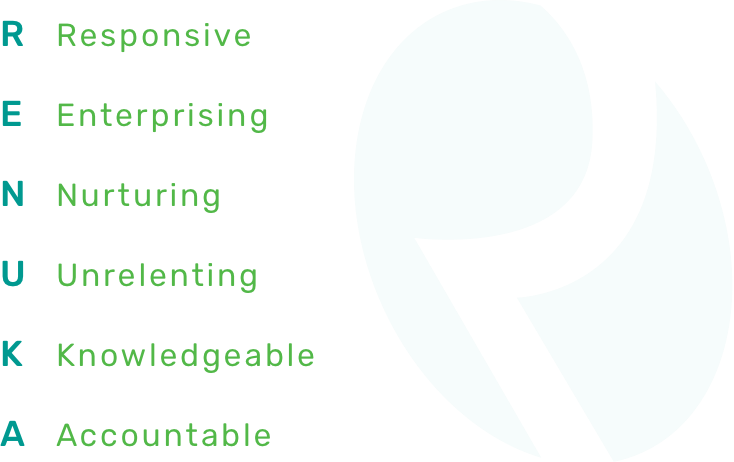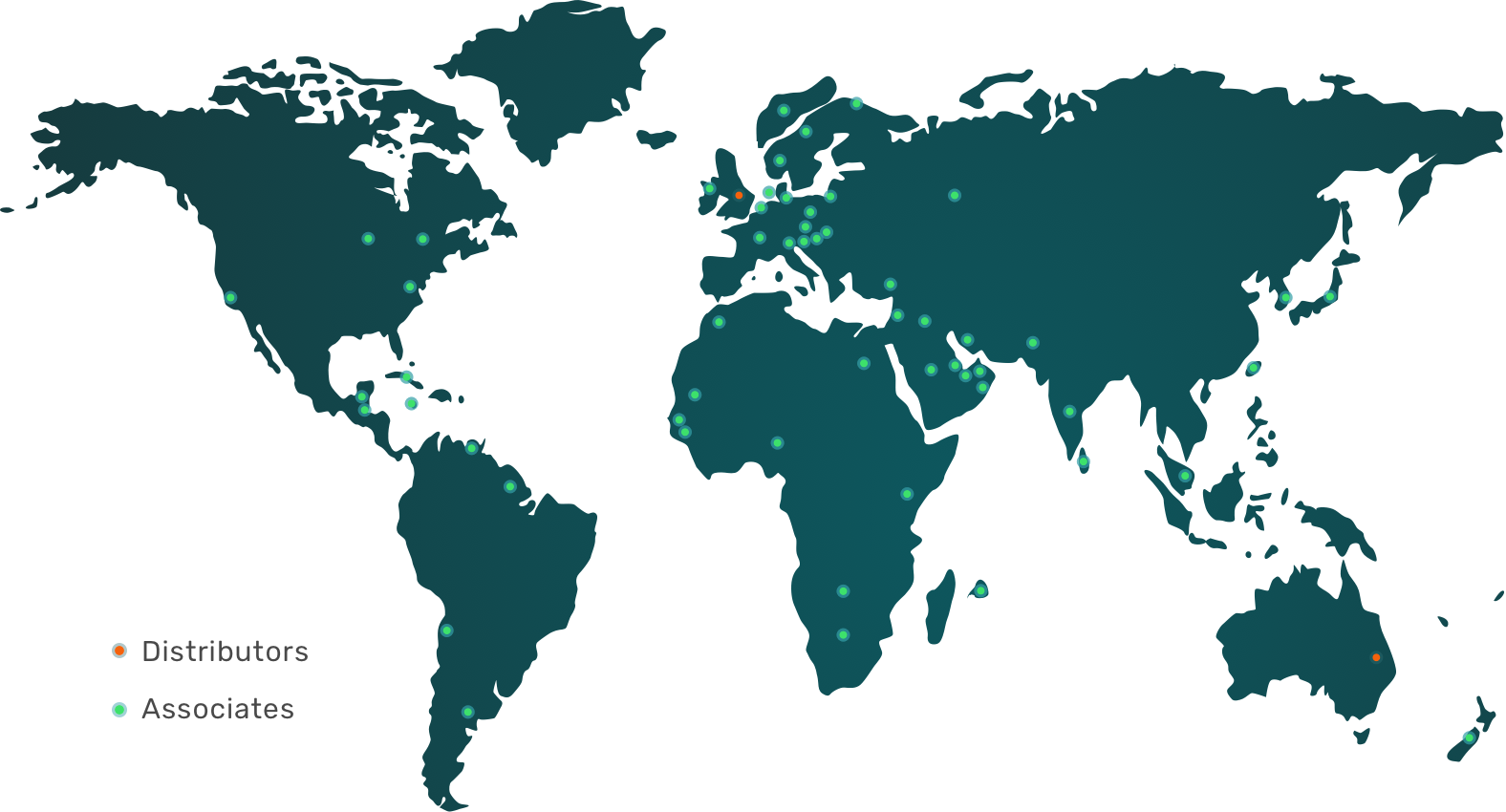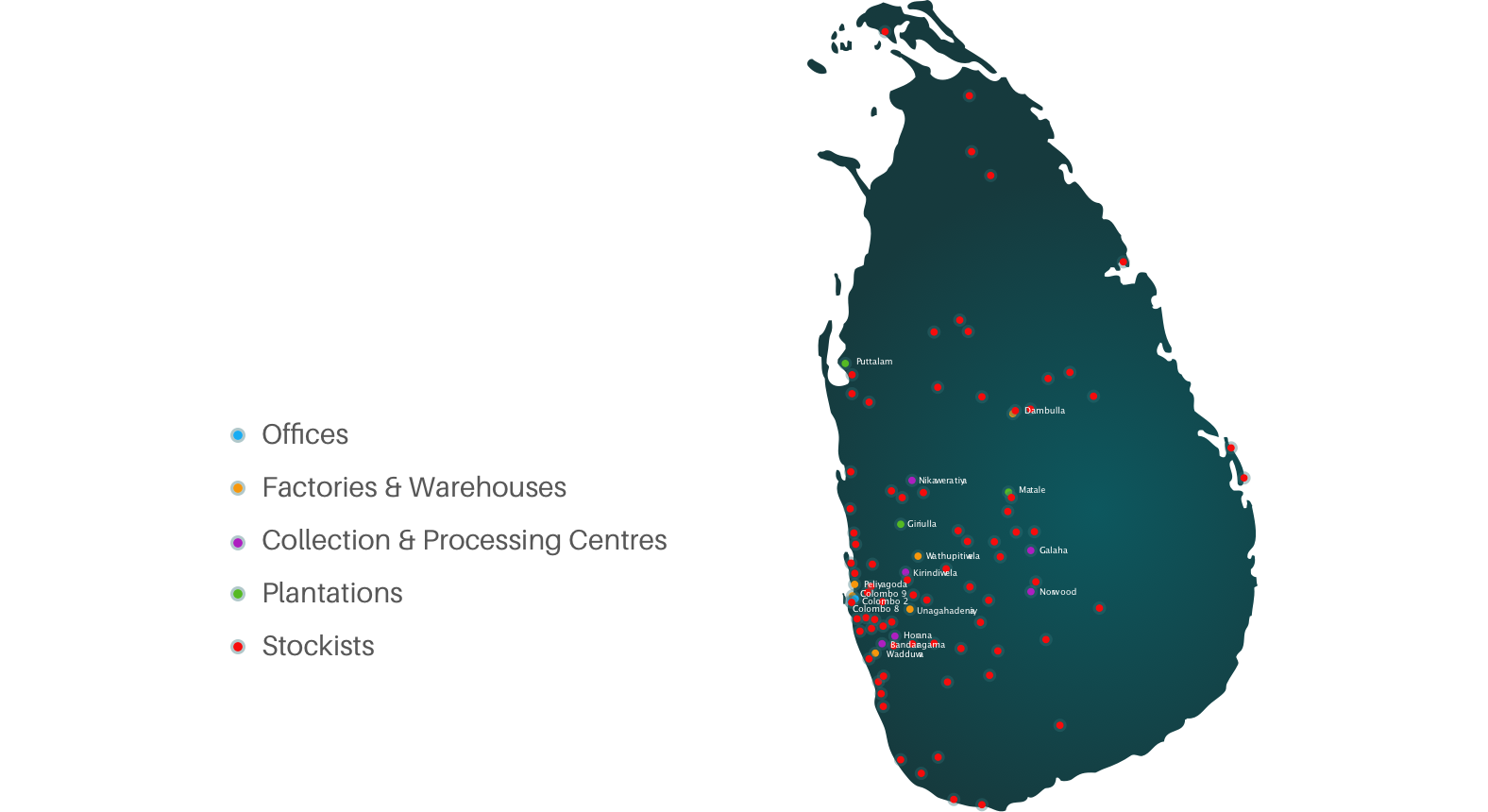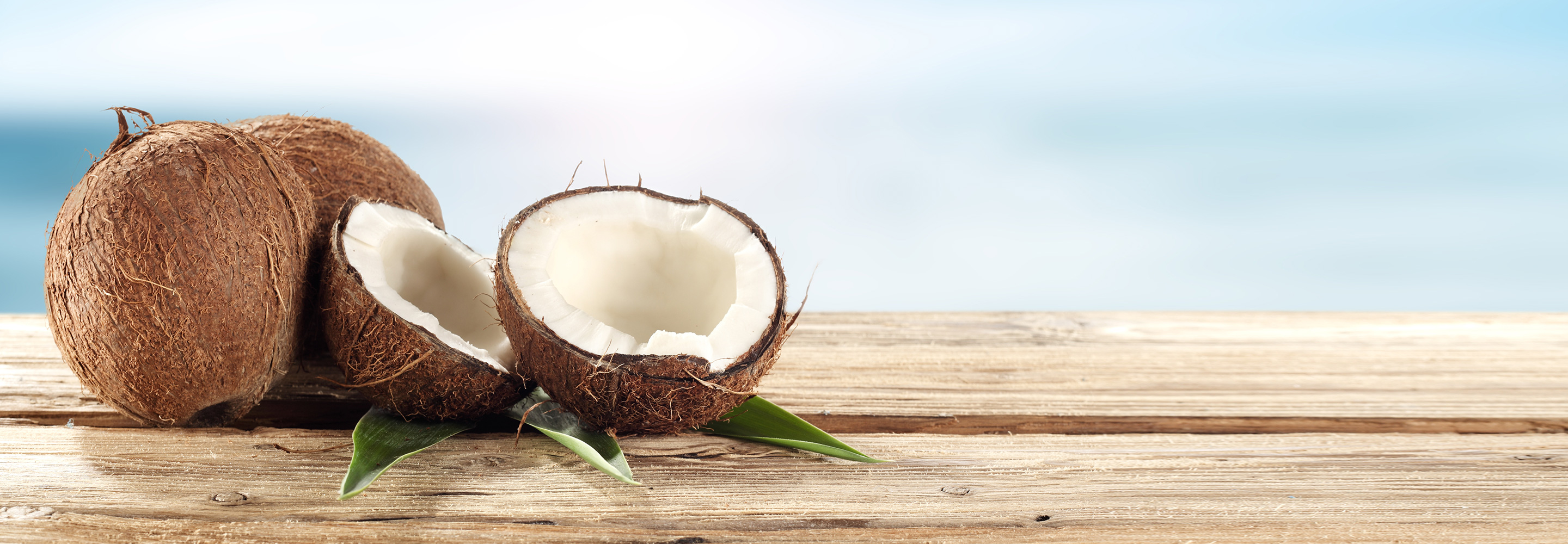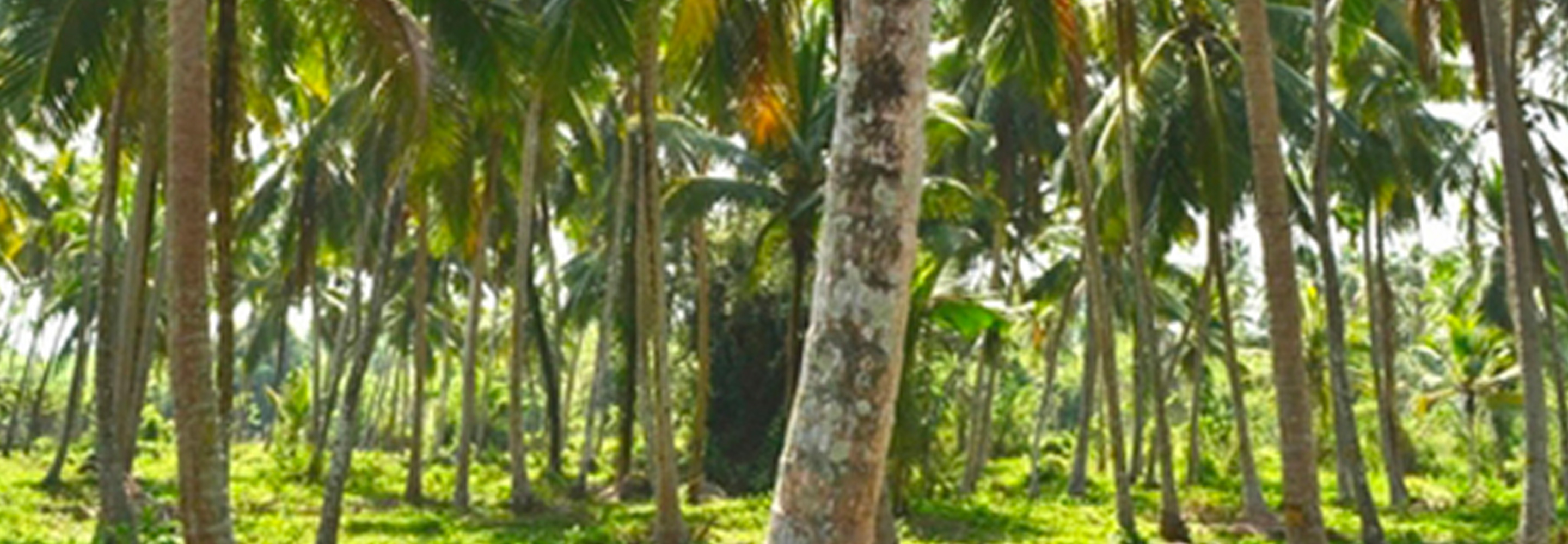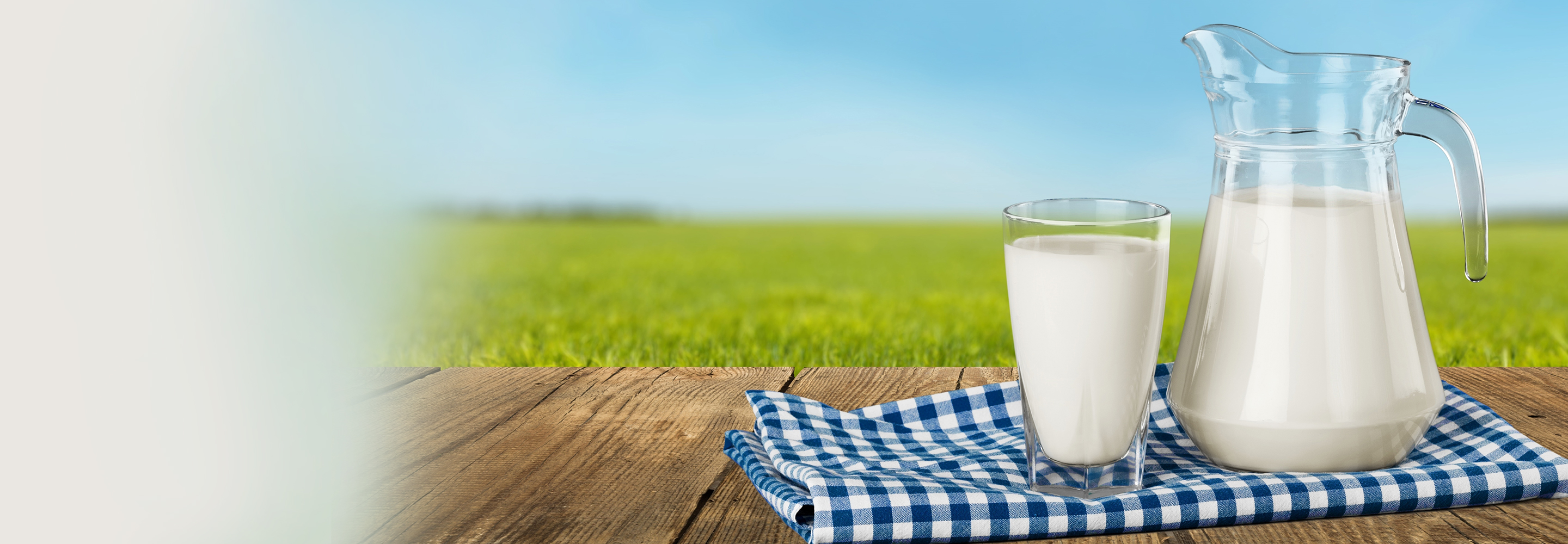Our farms are in the heart of the famed coconut triangle, a lush and rustic environment where a simple way of life still prevails, pollution is minimal and organic farming has been a way of life for generations. This lifestyle still continues and we ensure that it stays uninterrupted. We have been practicing organic farming for many years and have the distinction of being Sri Lanka’s first organic producer of red rice in 1989, this vast experience in organic farming has today resulted in us managing organic plantations.
Our coconut farms are rich in biodiversity and intercropped with both long and short term crops such as mango, jak fruit, pepper, banana and teak to name a few. Though our production facilities are most modern in the country, our organic cultivation involves traditional farming methods, which include cow dung, composte heaps, rice straw and gliricidia leaves.
Gliricida leaves are abundant in our plantations and grown between coconut treas.Gliricidia Septum is an extremely versatile plant and is extremely effective in Organic Fertiser. Throughout both its native and exotic ranges it is used to supply tree products such as fuelwood, construction poles, crop supports, green manure, fodder and bee forage. In addition, it is used in living fences,to stabilize soil and prevent erosion plus to shade plantation crops and also as a traditional medicine for eczema.
Our farms also produce and abundance of coconut husks during the de husking process. Cior or cocopeat naturally retain a good level of water while losing excess water, leaving the plant in a well hydrated but not flooded state.
Another important component of the farm eco system is cattle breeding. At present around 400 cattle roam freely, which belong to the farmer families which live free of cost around our plantations. The cattle droppings again provide further manure to plantations and the cattle in turn provide the families with milk, which is bought by our dairy manufacturing subsidiary to be used in our dairy based products.This enables the families to earn a livelihood and provides a job security as well, especially for the women fold of the household.
Our philosophy in preserving and sustaining our surroundings is an utmost priority; our plantations are equipped with some of the irrigation methods Sri Lankans Kings used in ancient times; which is a construction of soil dams across streams at different elevations with overflows, thus a large capacity of rainwater is harvested in water reservoirs. Rainwater collected in reservoirs at different elevation along the stream leads to uplift the ground water table which in turn has benefited coconut production. The ponds are used effectively as ideal water sources for irrigation during dry season and also serve as watering holes to different small animals which live in the plantations.
Our production creates a lot of coconut husks which were initially being wasted. Meanwhile, our factories were using diesel based boilers and engines for electricity generation. We have converted these to a coconut based boiler so that we don’t use diesel, but coconut husks to power our production.
